Australia tries to lower China’s expectations ahead of Albanese meeting with Xi
Xi will press the PM to support his CPTPP bid, loosen restrictions on Chinese investment and dilute security co-ordination with the US. Canberra has signalled that he will be disappointed.
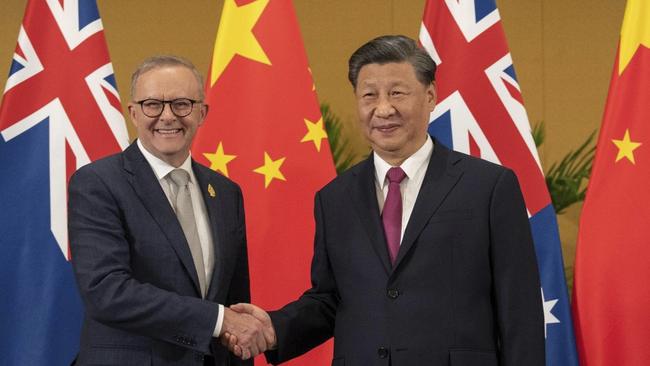
Canberra is trying to lower Beijing’s expectations ahead of Anthony Albanese’s trip to China where President Xi Jinping will press the Prime Minister to support his CPTPP bid, loosen restrictions on Chinese investment and dilute security co-ordination with the US in the Indo-Pacific.
Albanese’s elaborately choreographed visit comes after an 18-month “stabilisation” campaign by the federal government has been more successful than its architects had thought possible.
Canberra has sent a clear signal of its priorities for the three-night trip, which begins on Saturday, telling the China-focused Australian business community that Albanese’s visit to Beijing will be “purely political” with no room for non-government engagements.
He will limit his contact in China with the Australian business community to a one-night trip to Shanghai, flying in on Saturday and attending a tourism and trade lunch on the sidelines of the China International Import Expo, at which he will also visit the Australian pavilion.
He may also briefly attend a roundtable of Australian and Chinese CEOs in Shanghai before flying to Beijing on Sunday, although the event has not been confirmed.
Four sources familiar with the situation said Australian government officials had made it clear that there would be no room in the Prime Minister’s diary for business engagements during his two-night stay in Beijing where he will meet separately with Xi and Premier Li Qiang.
“Don’t even think about Beijing – that’s not going to happen,” summarised one business figure who had received an Australian government briefing on the trip.
The Beijing-Shanghai division is part of Canberra’s strategy to compartmentalise trade ties from the difficult geopolitics that hang over the relationship.
Canberra is acutely conscious of the international attention on the trip, the first since the bilateral relationship imploded during the years of the Turnbull and Morrison governments.
During the past six years, Australia transformed in the eyes of many capitals from being a cautionary tale for dealing with China to a model for how to push back on Beijing’s assertiveness. The Turnbull, Morrison and Albanese governments have put co-ordination with partners and allies at the centre of their China policy.
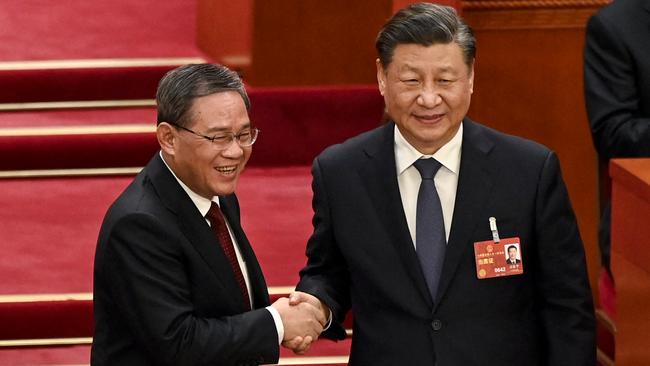
Speaking at the end of last week’s visit to Washington, Albanese said he was travelling to China with “eyes wide open”. Days earlier, President Joe Biden advised him to “trust but verify” in dealings with Beijing.
Speaking in Sydney on Sunday, Albanese said the upcoming trip was the result of a “more stable relationship” and his priority was to keep communication channels open. “I say consistently we should co-operate with China where we can, disagree where we must and engage in our national interest … Dialogue is always a good idea.”
Albanese noted that Xi would visit San Francisco at the APEC leaders’ meeting next fortnight where the Chinese leader would also have a bilateral meeting with Biden. “What we need to do is to have more dialogue and discussion because out of that comes greater understanding and it can also avoid mistakes,” he said.
Albanese will be the first Quad or AUKUS leader to visit China since 2019.
New Zealand’s now former prime minister Chris Hipkins was the only Five Eyes leader to have visited China since its Covid closure. On his July trip, he took a 100-plus entourage of China-focused business figures, including the chairs of dairy and kiwifruit giants Fonterra and Zespri, university vice-chancellors, tourism leaders and the Air New Zealand CEO.
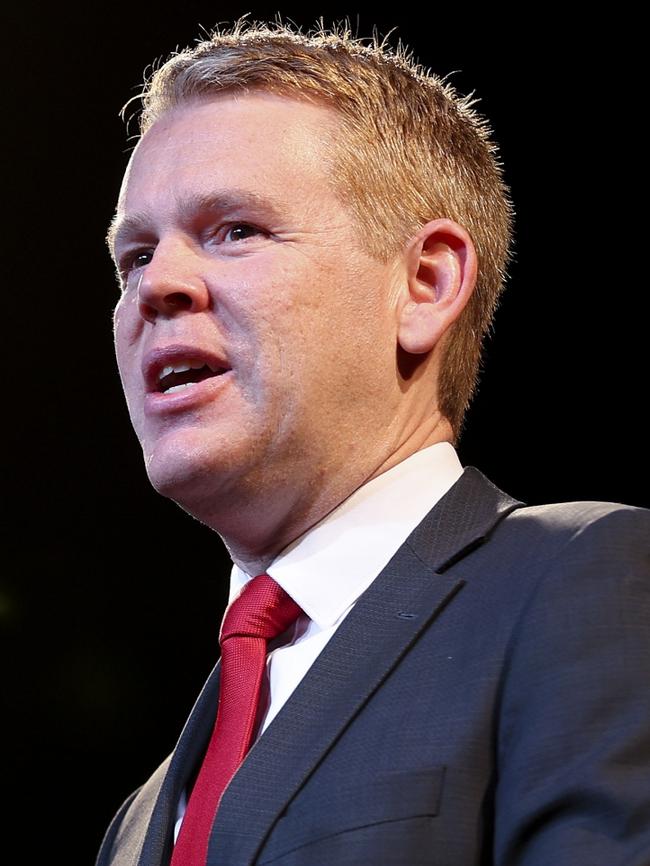
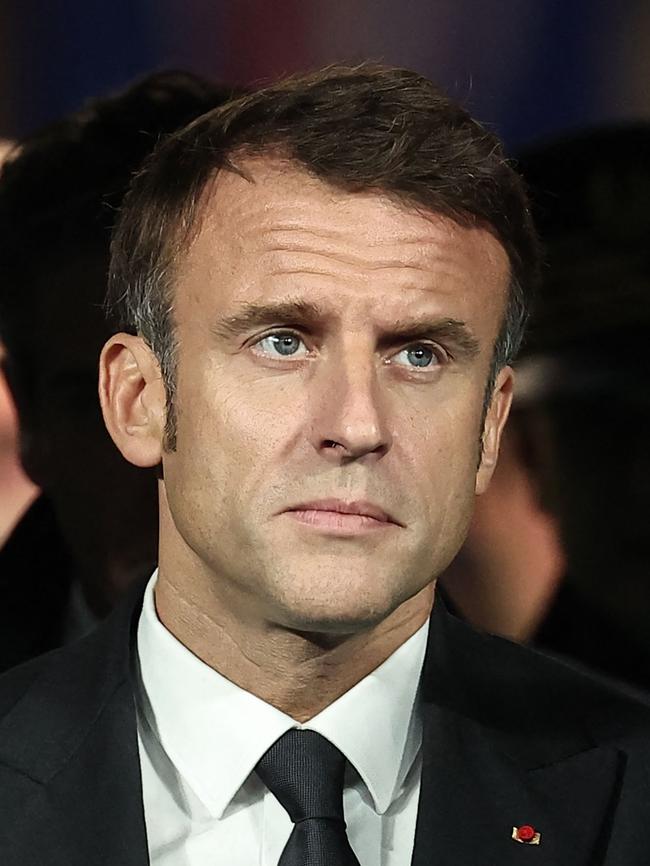
France’s President Emmanuel Macron caused angst in Brussels when he declined an offer to travel to Beijing on a joint trip earlier this year with Germany’s Chancellor Olaf Scholz and instead travelled with a delegation of 60 French business leaders.
One Chinese official told The Australian that Beijing was disappointed by the size of the Albanese’s delegation. “We want (it) to be bigger,” the official said.
Trade Minister Don Farrell will accompany Albanese to Shanghai and meet with many of the more than 100 Australian companies exhibiting at the CIIE trade show in Shanghai.
Beijing has worked towards the visit since Albanese won government last May, linking the trip to the 50th anniversary of Gough Whitlam’s first visit to China as prime minister.
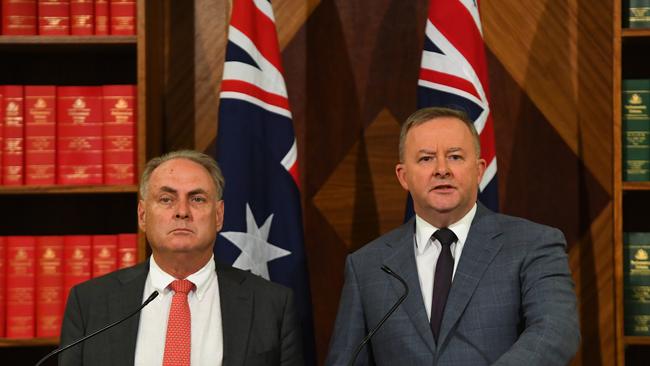
In their meeting in Beijing early next week, Albanese will raise the black-listing of Australian live lobsters and restrictions on a clutch of beef abattoirs. He will also raise the case of Yang Hengjun, an Australian citizen who has been in Chinese prison since January 2019 on vague espionage charges.
Dr Yang’s family hopes his case will get more attention, and a humane resolution, following the release of Cheng Lei.
Xi is expected to press for Albanese to support China’s bid to join the CPTPP trade block, which would require Canberra isolating Tokyo, its closest regional partner.
Australian Trade Minister Don Farrell catching up with China's Ambassador Xiao Qian for a pre-trip, working dinner.
— Will Glasgow (@wmdglasgow) October 27, 2023
It's not pictured, but TM Farrell said he brought a bottle of his own red wine along “to make sure that he understands just how good the Australian product isâ€. pic.twitter.com/nYf1e5KpRK
In a recent scene-setting meeting ahead of Albanese’s trip, a senior figure in Xi’s central government told Australian officials that, by Beijing’s analysis, it had already met “95 per cent” of the agreement’s terms.
“We suggest Australian friends take a more active role [supporting Beijing’s application],” the senior Chinese official said.
The Australian government has made it clear to Beijing that its economic coercion made its application a non-starter. The Japanese government has publicly dismissed Beijing’s chances of joining, and senior Australian government officials have told The Australian that Canberra’s position is unchanged.
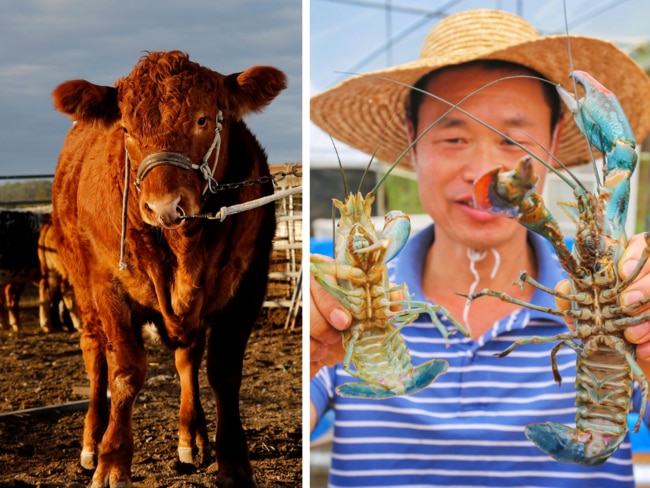
Xi will also press Albanese on Canberra’s treatment of Chinese investment into Australia, particularly in its renewable energy sector and in resources such as lithium.
Beijing has welcomed the Albanese government’s pre-trip decision to allow a continuation of Chinese firm Landbridge’s ownership of the Port of Darwin but Chinese officials continue to complain that Australia’s security agencies have too much sway over foreign investment decisions. “It’s necessary to recognise China’s development as an opportunity rather than a threat to Australia,” Xi’s top foreign affairs adviser Wang Yi told an Australian delegation in Beijing in September.
Canberra has told Chinese officials that investment will continue to be considered on a “case-by-case basis”.
The two are expected to find some co-operation on climate change and the energy transition. Canberra’s Anti-Dumping Commission has recently recommended that tariffs on Chinese wind towers should be removed.
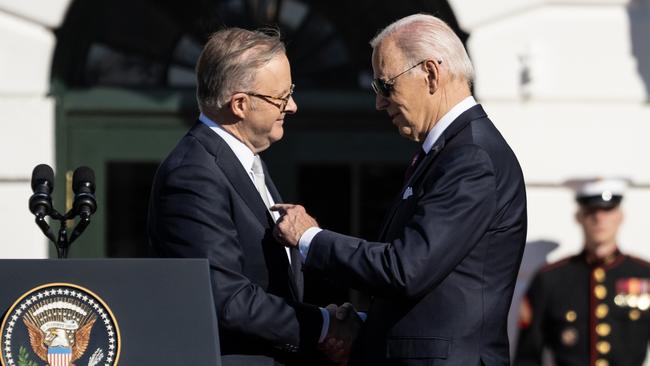
Xi will also raise Beijing’s frustration with Australia’s security co-operation with the US. Wang in September said “the two sides need to advance China-Australia relations independently and without any influence or interference from any third party”.
Well-informed Chinese foreign policy thinkers believe Canberra’s policy settings towards China are unlikely to change. It hasn’t been lost on them that incoming ambassador to China Scott Dewar will assume his Beijing post from a senior job overseeing the AUKUS security partnership.
“In the foreseeable future under the [Albanese] government, a couple of structural and systematic factors have deeply rooted … to keep this relationship in a sort of a stable, but low level status,” said Shanghai Institute for International Studies professor Chen Dongxiao in a recent interview.
“The Labor Party government, despite its more professional … China policy, has largely inherited the narratives or perception [of] its predecessors, believing that challenges of China’s rise outweigh its opportunities. We need a better management of our expectations.”




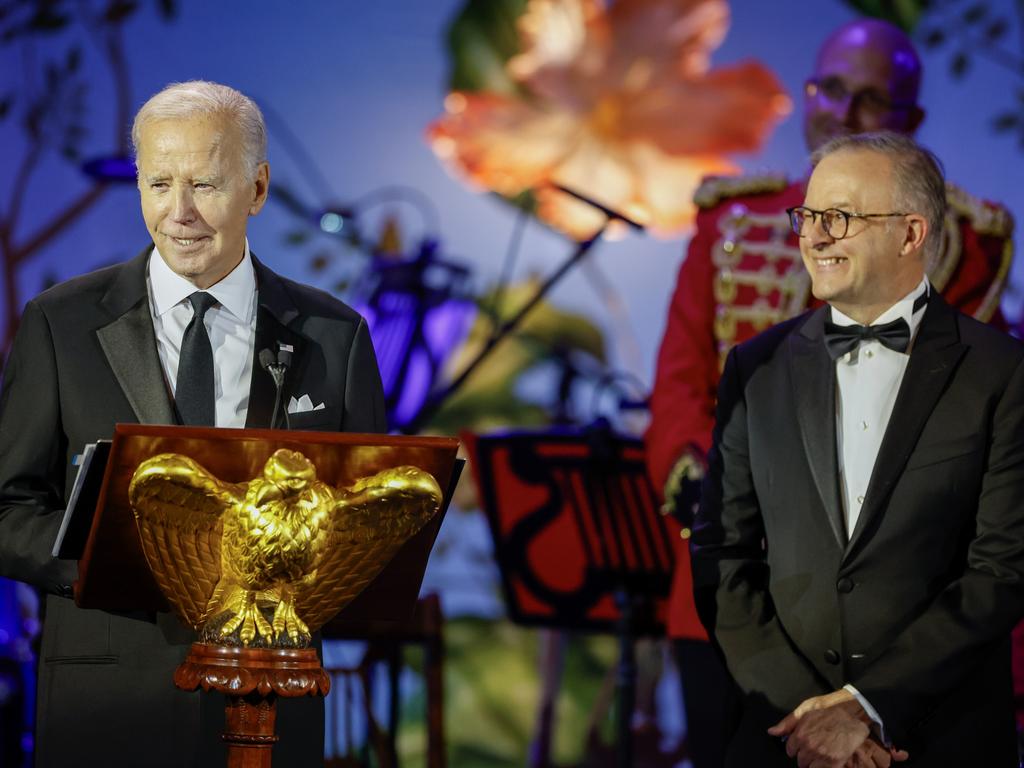
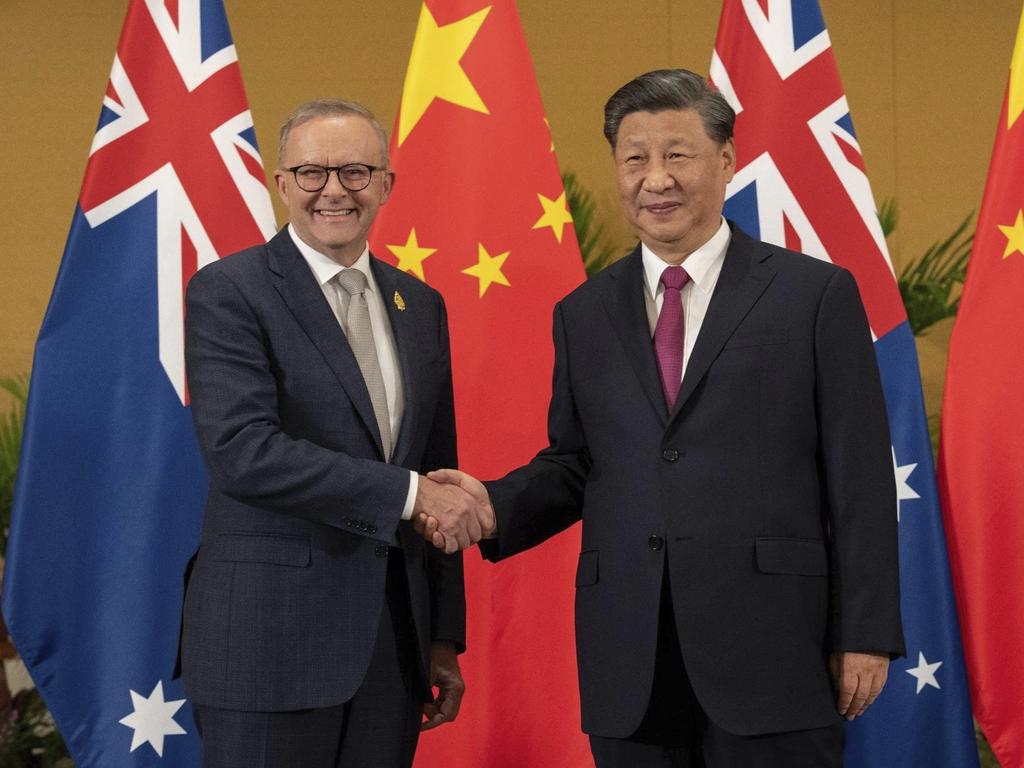


To join the conversation, please log in. Don't have an account? Register
Join the conversation, you are commenting as Logout